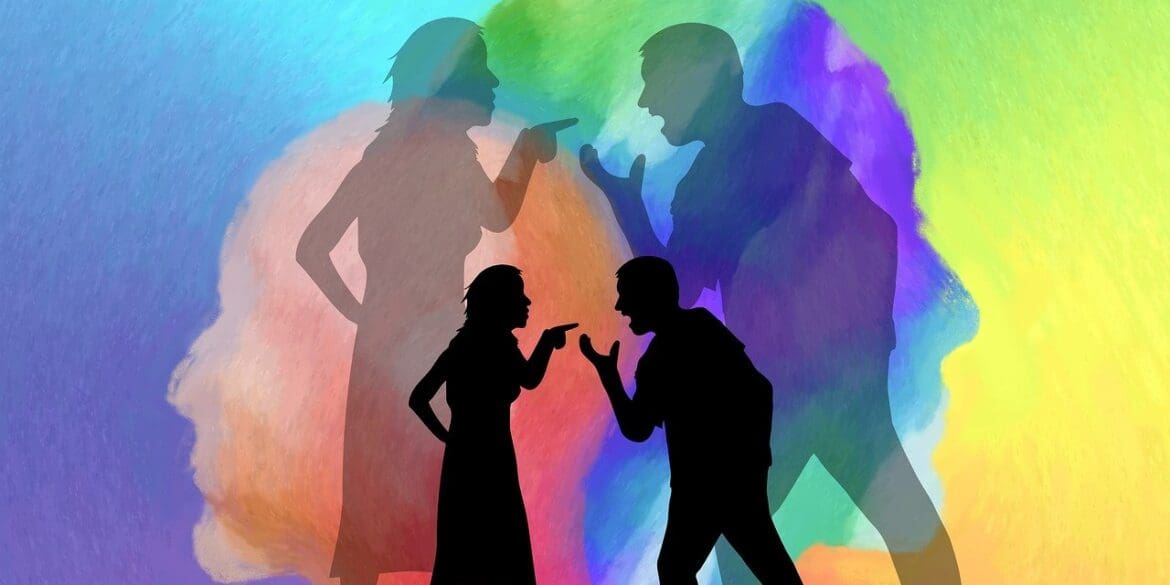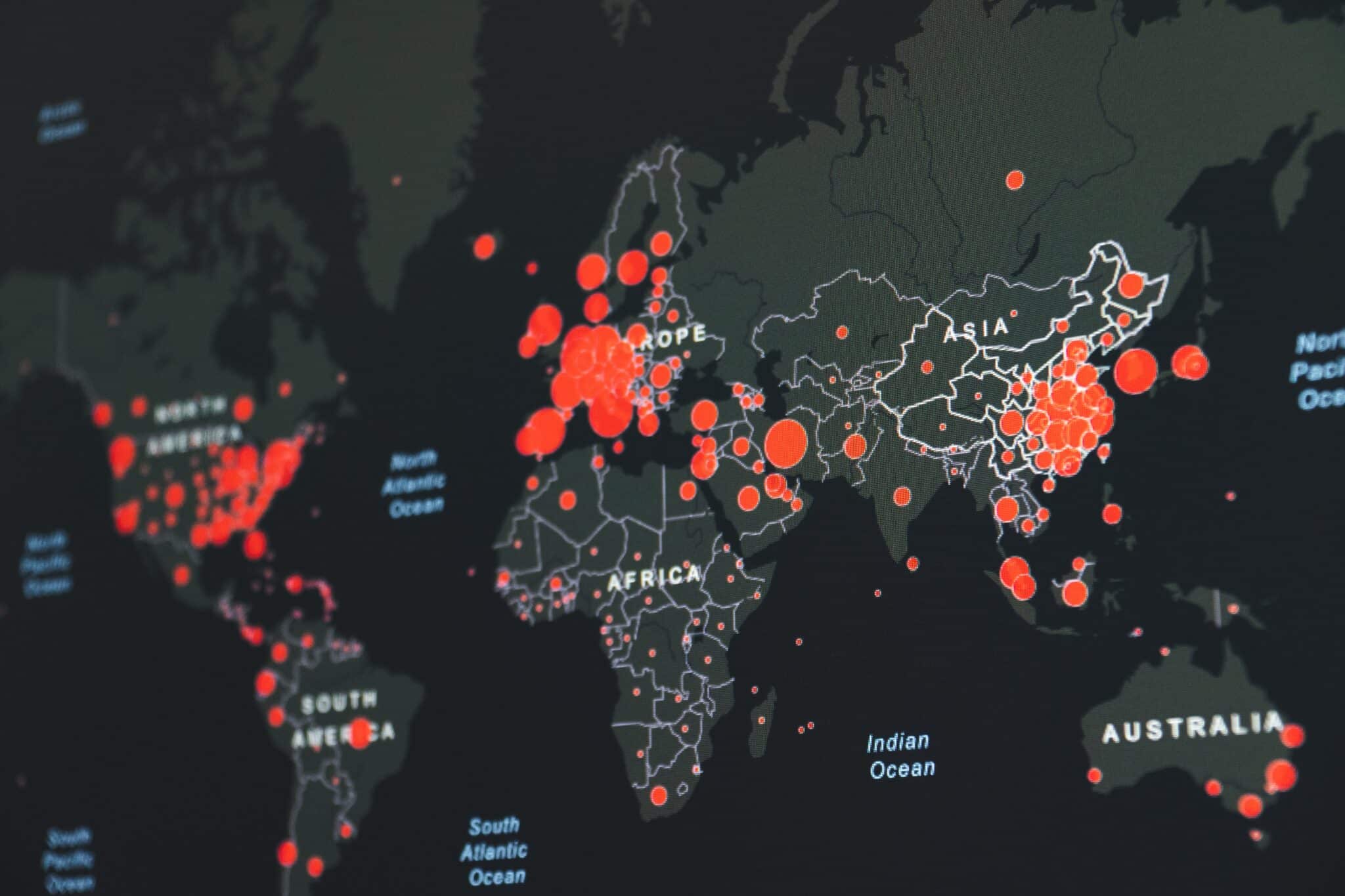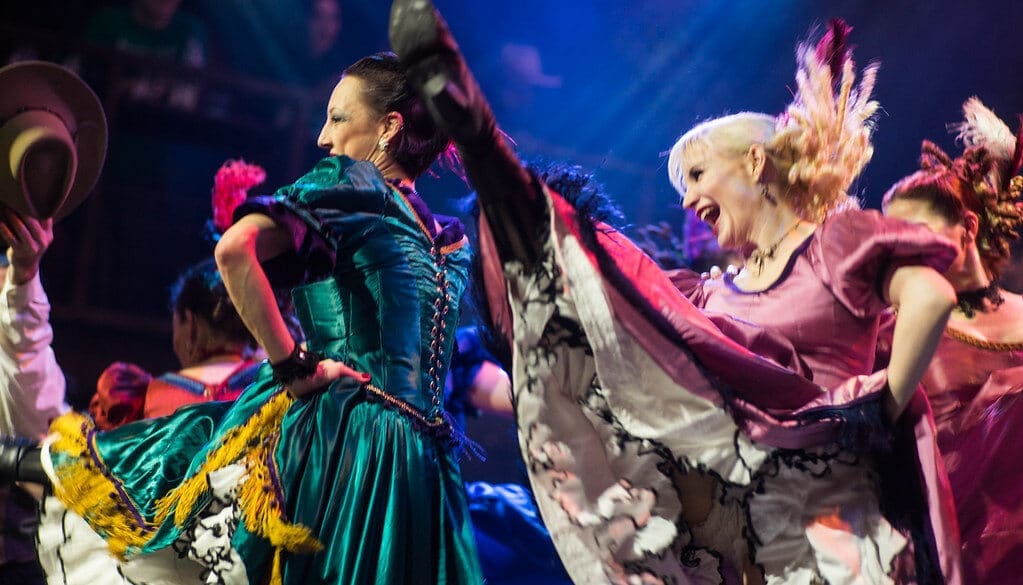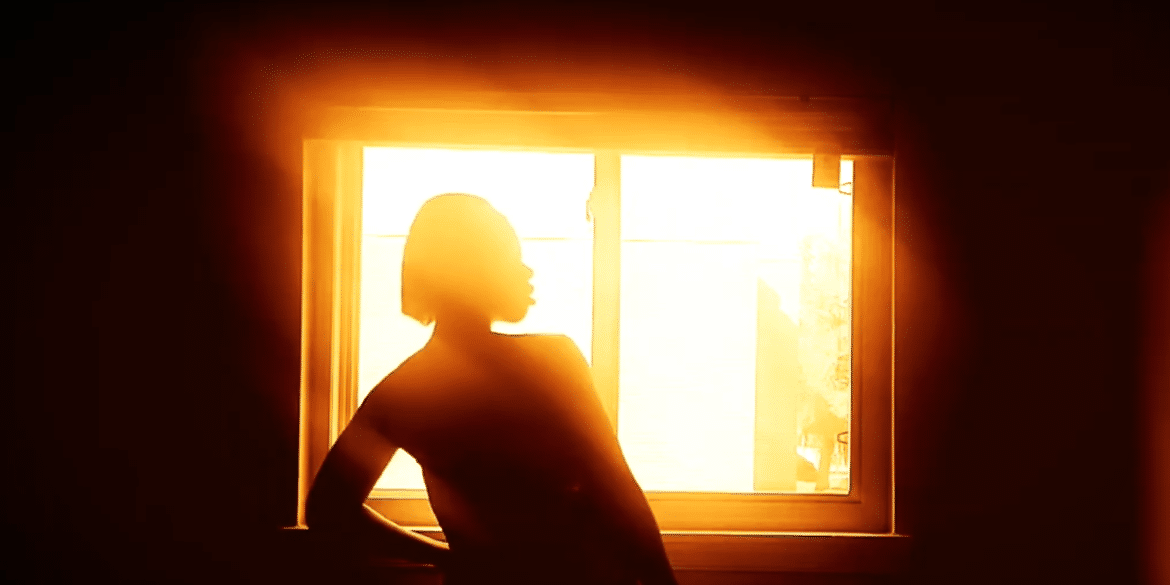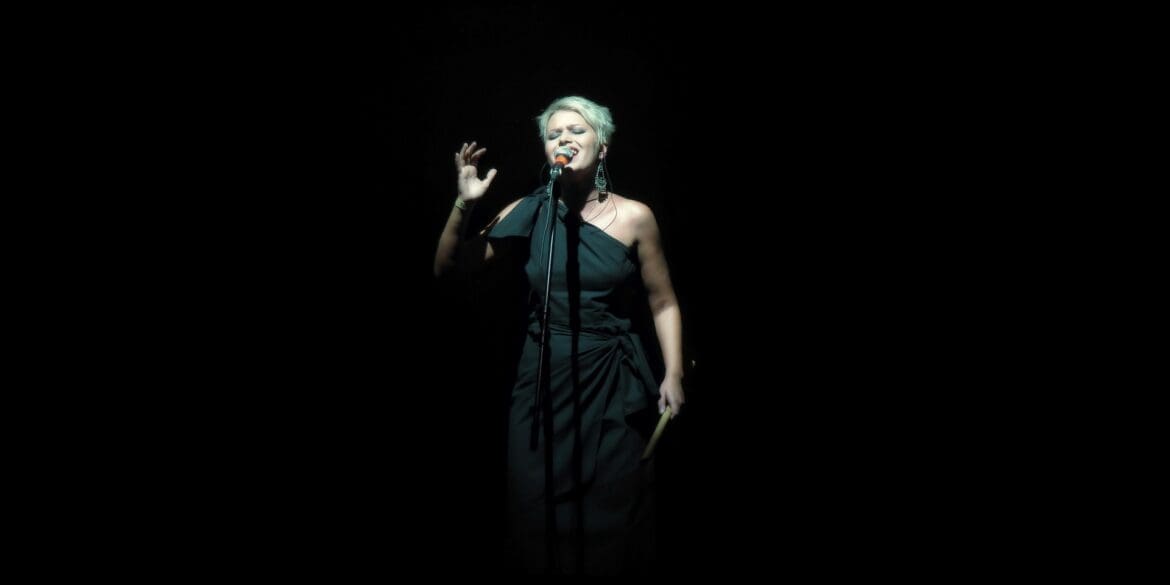This autoethnography is the first-hand experience and exposure of imposter syndrome from a new adjunct instructor's point of view.
In this 2nd of my Processing Parental Grief series, Calliandra receives a letter from her mother weeks after her death.
Narrating Estrangement is written by those who have decided to distance themselves from, or have been driven out by, their families.
"My parents drank wine with dinner every night. There’s nothing remarkable about that, but to a kid growing up in Mid-Missouri it was weird."
I strived to represent the experience of being a pediatric healthcare worker during COVID.
This work, a narrative and poetic account of a school shooting, provides an experiential entry into the experience from the point of view of a faculty member.
This autoethnographic account explores the complex relationship between language and identity.
This piece on hair describes how ideas of what is and is not fashionable, as depicted in popular media, can indelibly affect one’s self-perception and identity.
In the women’s history month, The AutoEthnographer supported "Her Story Leads: Amplifying Women’s voices through digital storytelling".
"From dancing at New York’s Metropolitan Opera to the Cow Palace in San Francisco, every venue taught me valuable lessons."
Shanita Mitchell and Marlen Harrison·
All ContentAutoethnographic Art & MultimediaMorePodcastsReflections on MethodVolume 3, Issue 2 (2023)
··18 min readToday we're talking with the award-winning author, researcher, and performer, Shanita Mitchell about performance and autoethnography.
I offer the following five poems to you. I hope that when you read/hear them you see a way into your own stories and ideas of poetic voice.




